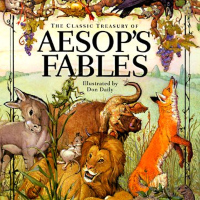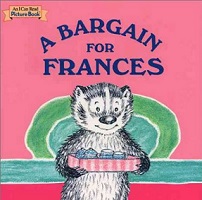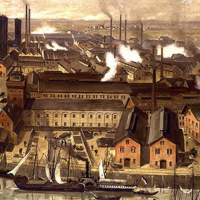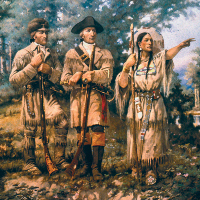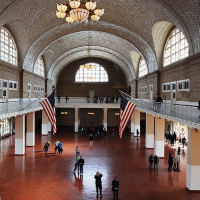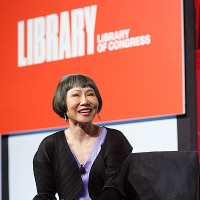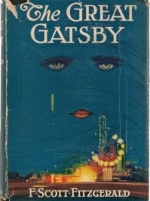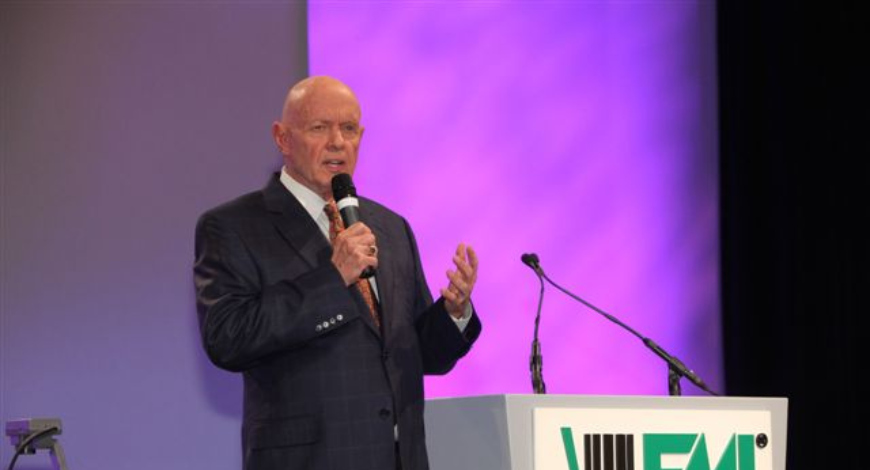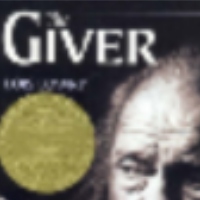When reading Aesop’s Fables with my students, I would use the fable, “The Donkey, The Fox, and The Lion” to teach my students about friendship and betrayal. Before reading the fable, I would introduce this concept by having a discussion …
Before reading A Bargain for Frances, I could use the conversation inspired by Dr. Seuss about risk-taking. This will spark a great discussion about decision-making and the value in taking risks. During and after the reading of this story, students …
When teaching about Industrialization, I want students to understand that while inventions and adaptations have helped society in countless ways, these benefits don’t come without a price–in the form of negative environmental impact. In my lesson I use the essential …
When teaching students about the Lewis and Clark Expedition and the impact these explorers had on the future of Westward Expansion, I see a great opportunity to frame the expedition as a story of hard work and perseverance. Though they …
In my social studies curriculum, we examine how the culture of a population changes over time due to outside influences. The best example of this is The United States, often described as a “melting pot.” I first pose the following …
In a unit on Puritans and Colonial America, in which students learn that the Puritans fled from England to pursue religious freedom, I would use the Cheyenne proverb, “Our first teacher is our own heart.” I would introduce this conversation …
One of the best American novelists to teach us about diversity and the second-generation immigrant experience is Amy Tan. In her short story, “Fish Cheeks,“ the narrator is ashamed and embarrassed of her family’s authentic Chinese menu on Christmas Eve. …
One text I use to teach about diversity is Everybody Cooks Rice by Norah Dooley. In this story, a young girl visits all her neighbors’ home, and sees that everyone is making rice for dinner, only they’re doing so in …
A conversation with Martin Luther on responsibility, beginning with his famous quote, “You are not only responsible for what you say, but also for what you do not say,” will raise core questions for students, who are frequently faced with …
Diversity is something many students confront for the first time in school. They are required to learn with students of different socio-economic and cultural backgrounds, not to mention those who embrace different traditions, learning styles and ways of seeing the world. When students confront diversity, they confront moral choices on how to react to people who are different from them.
Critical thinking is hard work and students know it. To be a good critical thinker a student must examine life closely, ask lots of questions and be tolerant of uncertainty. Often, critical thinking leads to unpleasant truths about people and the world. For many, it’s so much easier to just accept the way the world is and not question it. Students must decide for themselves whether living an examined life is the right path towards fulfillment and happiness.
The Giver, by Lois Lowry, has become a standard in middle school classrooms. I would ask the question “How do we know when we should take risks?” towards the end of the novel to lead students in a discussion about …

